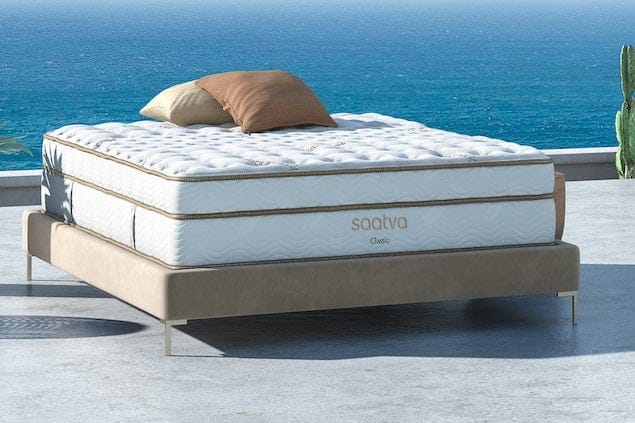Table of Contents
Knowing how to buy anesthesia machines is a critical step in ensuring the smooth operation of any healthcare facility. These devices play a pivotal role in patient care, making it essential to choose the right one that meets your specific needs and adheres to regulatory standards.
In this guide, we’ll explore the five essential steps to buying anesthesia machines. Whether you’re setting up a new facility or replacing outdated equipment, understanding the process is key to making a sound investment in your healthcare infrastructure.
How to Buy Anesthesia Machines
- GE Healthcare
- Pros: GE Healthcare is a well-established and trusted brand in the medical equipment industry. They offer a range of anesthesia machines with advanced features. Their machines are known for reliability and innovation.
- Cons: GE Healthcare equipment can be on the higher end of the price range, but this is often justified by the quality and features.
- Installation: GE Healthcare provides professional installation services for their equipment, ensuring that it is set up correctly in your healthcare facility.
- Maintenance: Regular maintenance and servicing are essential. GE Healthcare typically offers service contracts to keep your equipment in optimal condition.
- Pros: GE Healthcare is a well-established and trusted brand in the medical equipment industry. They offer a range of anesthesia machines with advanced features. Their machines are known for reliability and innovation.
- Dräger
- Pros: Dräger is a reputable manufacturer with a long history of producing anesthesia machines. They are known for high-quality and innovative equipment.
- Cons: Some advanced Dräger machines can be more expensive, but the investment can be worth it for the quality and features.
- Installation: Dräger provides installation services, and it’s highly recommended to have their experts set up the equipment.
- Maintenance: Regular servicing and maintenance, as recommended by Dräger, will help ensure the longevity and performance of the machine.
- Pros: Dräger is a reputable manufacturer with a long history of producing anesthesia machines. They are known for high-quality and innovative equipment.
- Mindray
- Pros: Mindray offers a variety of anesthesia machines with a range of options, including more budget-friendly choices. They have a reputation for affordability.
- Cons: Some advanced features may not be available on all Mindray models, so choose the one that best suits your facility’s needs.
- Installation: Professional installation services are available from Mindray, and it’s advisable to have experts handle this.
- Maintenance: Follow the maintenance schedule recommended by Mindray to keep the equipment in good working condition.
- Pros: Mindray offers a variety of anesthesia machines with a range of options, including more budget-friendly choices. They have a reputation for affordability.
- Avante Health Solutions
- Pros: Avante offers a variety of anesthesia machines, including both new and refurbished options. They also provide servicing and support.
- Cons: Refurbished units may have cosmetic imperfections, so consider your preferences and budget.
- Installation: Avante often provides installation services. When purchasing, inquire about their installation options.
- Maintenance: Regular servicing and maintenance are critical. Avante may offer service contracts for ongoing support.
- Pros: Avante offers a variety of anesthesia machines, including both new and refurbished options. They also provide servicing and support.
- DOTmed
- Pros: DOTmed is an online marketplace where you can find a range of anesthesia machines from various sellers. Prices can be competitive.
- Cons: Buying from individual sellers may require careful vetting. Ensure regulatory compliance and equipment quality.
- Installation: Arrange installation through the seller or consult with a local medical equipment service provider.
- Maintenance: Regular maintenance is crucial. Discuss the maintenance history of used equipment with the seller, and plan for ongoing servicing.
- Pros: DOTmed is an online marketplace where you can find a range of anesthesia machines from various sellers. Prices can be competitive.
When installing and maintaining anesthesia machines, it’s vital to follow the manufacturer’s guidelines and recommendations. Always involve qualified professionals in the installation process to ensure safety and compliance with regulatory standards. Regular maintenance and servicing are essential to keep the equipment functioning optimally and extend its lifespan. Consult with the manufacturer or an authorized service provider for specific maintenance requirements.
Conclusion
Acquiring anesthesia machines is an investment in the well-being of patients and the efficiency of healthcare services. Understanding how to buy anesthesia machines is vital. By following these five steps, you can navigate the complex process of purchasing these vital devices with confidence.
Remember to thoroughly assess your facility’s needs, consider reputable manufacturers, explore financing options, review regulatory compliance, and establish a maintenance plan. With these key considerations in mind, you’ll be better equipped to make an informed decision that ensures the safety and quality of care for your patients.Search for…





